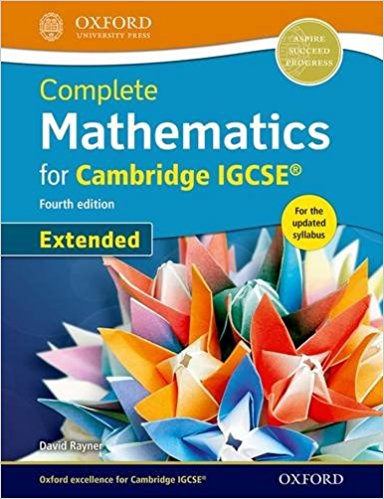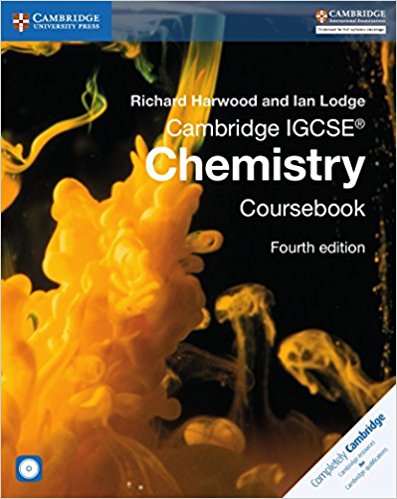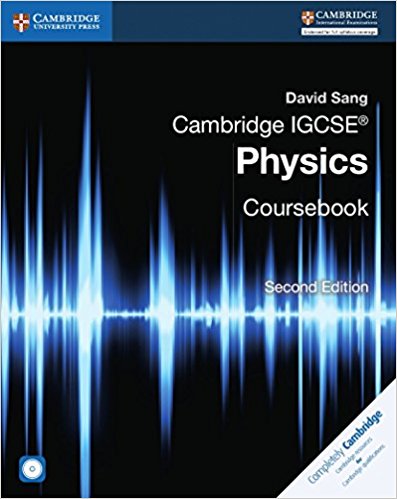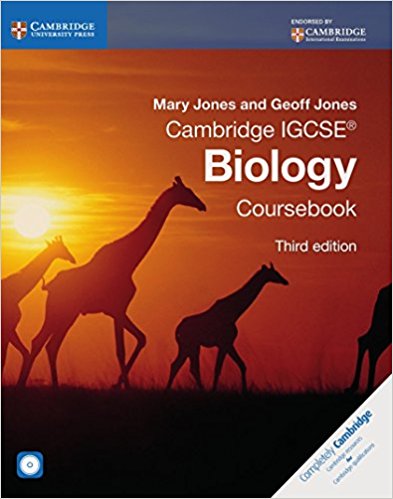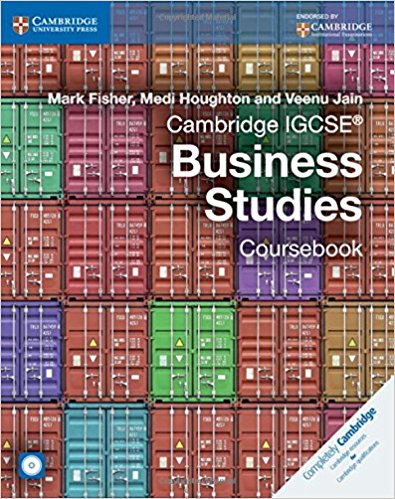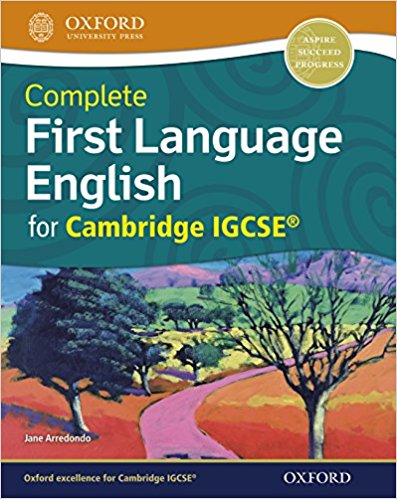About IGCSE
The International General Certificate of Secondary Education tests, more commonly known as IGCSEs, are a series of examinations taken by students at the end of 10th grade, or in other words two years before they finish school. They were developed by University of Cambridge International examinations, but are also offered by Edexcel. They are externally assessed and each exam is based on a two year syllabus. The Cambridge board offers an ICE (International Certificate of Examination) with either a distinction, a merit or a pass to students who achieve 7 subject passes, grades A*-C, from the following groups:
Group 1: Languages
Group 2: Humanities
Group 3: Sciences
Group 4: Mathematics
Group 5: Creative, Technical and Vocational
Group 6: ICT
Grading
The IGCSE s are graded from a scale of A*-G, and there is a 9th grade of U (U being ungraded). A student may chose to take the core syllabus, for which the maximum awarded grade is a C or the core as well as the extended syllabus, for which the maximum awarded grade is an A*.
Getting the most out of IGCSEs
When applying to Universities abroad, especially in the UK, a set of good IGCSE grades will boost your application as they will probably be the only externally assessed examinations you will have taken at the time. They also reflect a student who has been diligent throughout his/her school life and not just in the final two years.
Subjects offered
At the Tree Foundation Tutorial College we offer tutorials, guidance, assistance, thorough explanations of key concepts and practice questions for the following IGCSE subjects. Please click on the PDF icon to view the full syllabus of the respective subject:
FAQ
How many IGCSEs can I can sit? 
As many as you wish. Most strong British students sit around 10 GCSE examinations, and the international students who attend English speaking schools also sit round 10 examinations, including mathematics and English language and at least one science subject.
Are IGCSEs recognized in my university applications? 
Most definitely yes. Universities will pay much attention to your grades in the IGCSEs, especially the higher ranked universities, not only in the UK but also in the US and the rest of the world. Therefore, the IGCSEs carry much weight, especially if you have a large number of A* grades.
What is the difference between Core and Extended level? 
Most of the IGCSE examinations offer two levels of difficulty: Core and Extended. The Extended level is more difficult and therefore considered more highly by the universities. In order to move on to GCE A-levels, it may be necessary to have done the Extended level in the IGCSE – a notable example is that of mathematics: A-level mathematics will be very difficult for a candidate who has done only Core mathematics at IGCSE level.
How are the IGCSEs graded? 
The highest attainable grade is an A* and the lowest is a G (or ungraded). Please note that the highest attainable grade is A* when a student sites the Extended level; at Core level the highest attainable grade is a C grade. For further detailed information click here.
When and where can sit the IGCSE examinations? 
There are two examination sittings every year: one in October/November and the other in May/June. Most students in the Northern hemisphere sit all the examinations in one sitting, in May/June; those in the Southern hemisphere sit their examinations in the October/November session. All students can sit the examinations at the nearest British Council which acts as an examination center for these examinations.
Where can I find more information regarding the IGCSEs? 
The best place to find extensive information is from the official Cambridge International Examinations site.
Important links
At the Tree Foundation Tutorial College we use the Cambridge International Examinations (CIE) and Pearson-Edexcel boards.
All the most important and useful information regarding the IGCSEs can be found at their respective websites at www.cie.org.uk and qualifications.pearson.com.
Practice materials – Recommended textbooks








